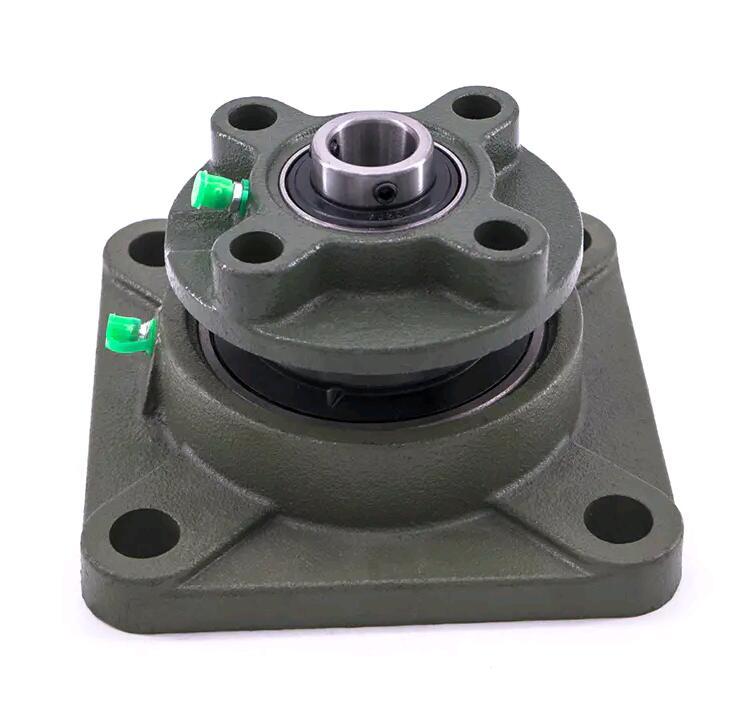Pillow Block Bearings: The Backbone of Industrial Machinery
Pillow block bearings are fundamental components in many mechanical systems, playing a crucial role in supporting rotating shafts while allowing smooth and efficient motion. Their versatility, reliability, and ease of installation make them widely used across diverse industries including manufacturing, agriculture, automotive, and material handling. Understanding the characteristics and performance of pillow block bearings is essential for engineers and maintenance professionals to select the right bearing type, optimize machine performance, and ensure long service life.
A pillow block bearing, also known as a plummer block bearing, is a mounted bearing consisting of a bearing housed within a robust casing that supports a rotating shaft. The term "pillow block" refers to the housing that holds the bearing securely and mounts it to a surface, typically a machine frame or structural support. The bearing inside is usually a ball or roller bearing designed to reduce friction and support radial and axial loads.
This bearing assembly facilitates the rotation of shafts with minimal resistance while accommodating shaft misalignment and vibrations. The design inherently provides stability and protection to the bearing, simplifying installation and maintenance.
The pillow block housing is typically made from cast iron, ductile iron, or steel, providing high strength and durability. This robust casing protects the internal bearing from contaminants such as dust, dirt, and moisture, which can adversely affect bearing performance and lifespan.
Many housings also feature seals or shields to enhance protection against environmental factors, making pillow block bearings suitable for harsh operating conditions, including outdoor or industrial environments.
Inside the housing, pillow block bearings usually contain self-aligning ball bearings or spherical roller bearings. The self-aligning feature allows the bearing to accommodate minor shaft misalignments without causing undue stress or premature wear.
The choice between ball and roller bearings depends on the specific application requirements. Ball bearings are commonly used for moderate loads and speeds, while roller bearings are better suited for heavier loads due to their larger contact surface.

https://www.bearing-manufacturer.com/product/spherical-bearings/fc204-f210-auto-wheels-bike-pillow-block-bearing.html
Specification
Model Number: FC204 F210
Size: Customized Size
Precision Rating: P0
Seals Type: RS
Material: Bearing Steel
Feature: High Precision, High Speed, Low Noise
Application: Automotive Field, Agricultural Machinery, Industry Motion, Metallurgy, Spaceflight, Windmill
- Art
- Causes
- Crafts
- Dance
- Drinks
- Film
- Fitness
- Food
- Juegos
- Gardening
- Health
- Inicio
- Literature
- Music
- Networking
- Otro
- Party
- Religion
- Shopping
- Sports
- Theater
- Wellness


